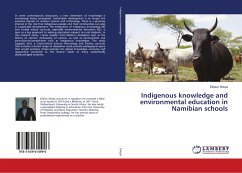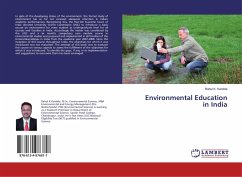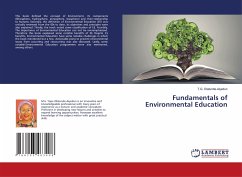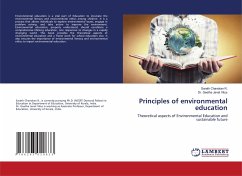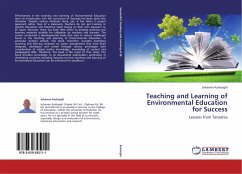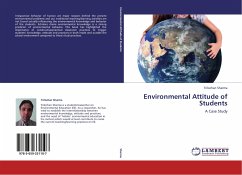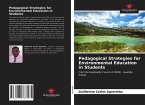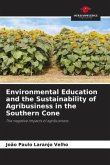In some contemporary discourses, a new dimension of knowledge is increasingly being recognised. Sustainable development is no longer the exclusive domain of western science and technology. There is a growing interest in the role that indigenous people and their communities can play in sustainable development. The integration of indigenous knowledge (IK) into formal school curricula, especially environmental education (EE), is seen as a key approach to making education relevant to rural students. In this research study, I draw insights from Western disciplines such as the history of science, philosophy of science, as well as constructivist and postcolonial perspectives such as indigenous knowledge. The study suggests that, a cross-cultural Science Technology and Society curricula that includes a broad range of disciplines could provide pedagogical space that would produce citizen-workers for global knowledge economy and responding sensitively to the diverse needs of many academically disadvantaged students.
Bitte wählen Sie Ihr Anliegen aus.
Rechnungen
Retourenschein anfordern
Bestellstatus
Storno

